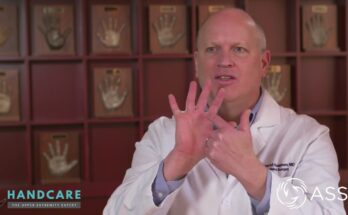
Dealing with depression is a complex process that often requires professional help, but there are a number of daily habits that can complement treatment and naturally reduce symptoms. These lifestyle changes, when practiced consistently, can help improve mood, boost energy levels, and provide a greater sense of well-being.
Here are seven daily habits that can make a difference:
- Prioritize Physical Activity: Regular exercise is one of the most powerful tools for combating depression. It releases endorphins and other feel-good brain chemicals, and even small amounts of activity, like a 15-minute walk, can improve your mood and energy. The key is to find an activity you enjoy, whether it’s yoga, dancing, or gardening, and make it a consistent part of your day.
- Focus on a Healthy Diet: A diet rich in fruits, vegetables, whole grains, and lean proteins can positively impact your mental health. Conversely, a diet high in processed foods and sugar can contribute to mood swings and fatigue. Eating regular, balanced meals can help stabilize your blood sugar and provide your brain with the nutrients it needs to function properly.
- Get Enough Quality Sleep: Depression can disrupt sleep patterns, but establishing a consistent sleep schedule is crucial for recovery. Aim for 7-9 hours of sleep per night, and practice good “sleep hygiene” by creating a relaxing bedtime routine and avoiding screens before bed.
- Practice Mindfulness and Meditation: Techniques like mindfulness and meditation can help you stay in the present moment and manage negative thought patterns. Even a few minutes of deep breathing or focused awareness can reduce stress and promote a sense of calm.
- Maintain Social Connections: While depression often makes you want to isolate yourself, social interaction is vital. Make an effort to connect with friends and family, even if it’s just a phone call. Spending time with supportive people can provide a sense of belonging and reduce feelings of loneliness.
- Avoid Alcohol and Drugs: While these substances may seem to offer temporary relief, they can ultimately worsen depression symptoms and interfere with treatment. Alcohol is a depressant that can disrupt sleep and mood regulation, making it harder to manage your condition.
- Engage in a Hobby or Creative Pursuit: Doing something you genuinely enjoy, whether it’s painting, playing an instrument, or reading, can be a powerful distraction from negative thoughts and provide a sense of purpose and accomplishment. Schedule time for these activities, even when you don’t feel like it.


